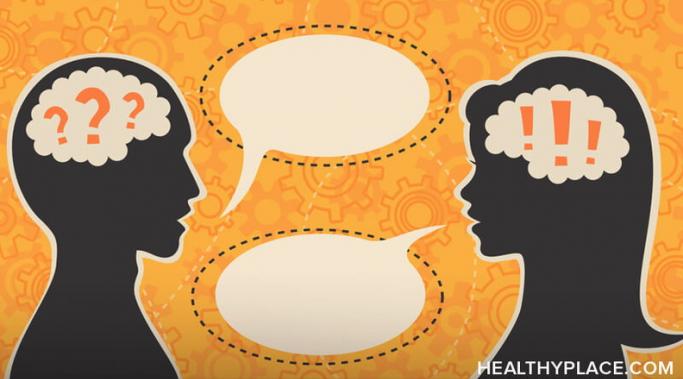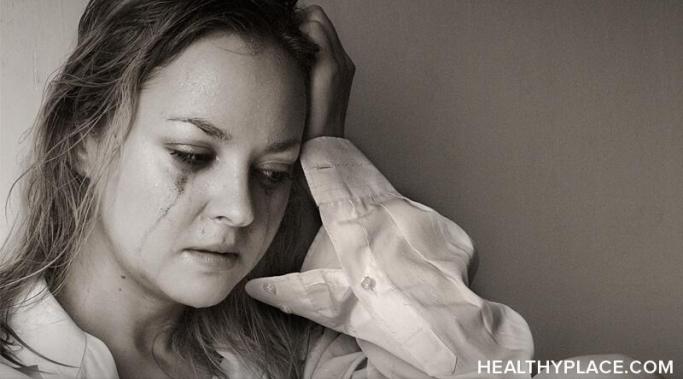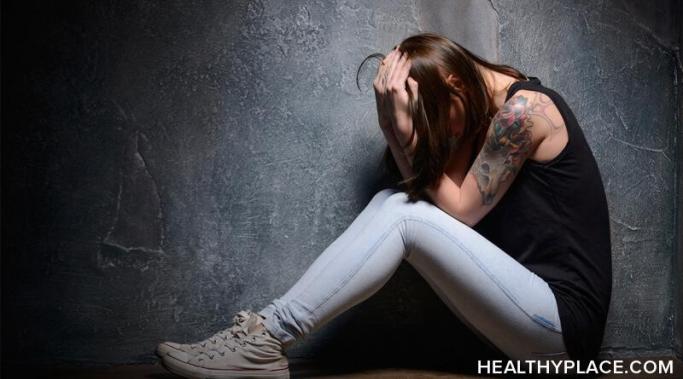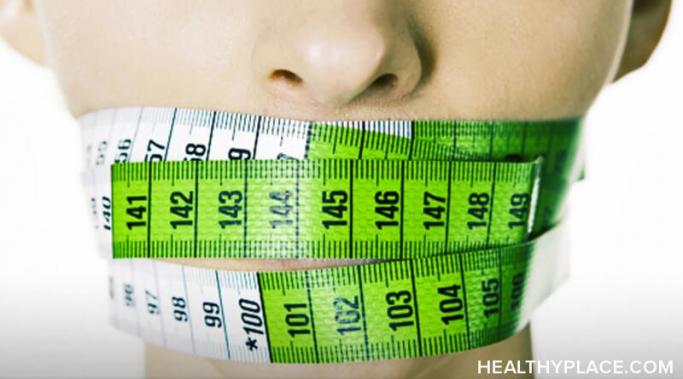Eating disorder recovery is arduous enough on its own, but add in the harmful reality that some eating disorder behaviors are endorsed by wellness culture, and healing from this issue can seem downright impossible at times.
Surviving ED
There is a common—and dangerous—eating disorder stigma in society that says eating disorders result from vanity and a need for attention, but the truth is, eating disorders are not for the vain. This eating disorder stigma minimizes just how severe and catastrophic these illnesses can become while reinforcing the belief that sufferers cannot reach out for help, lest they be dismissed as attention-seekers fixated on their own appearance. But in order to dismantle this added layer of cultural stigma that keeps so many victims both silent and ashamed, it's important to realize that eating disorders are not for the vain. Rather, they are caused by intricate, nuanced factors that are often unrelated to vanity and rooted instead in trauma, self-loathing, or insecurity.
Culturally, eating disorders are often associated with young teenagers who don't know exactly how to cope with their developing bodies or fluctuating dynamics in their families and peer groups. But as teens become older and transition from high school to the broader world of a university campus, they can be even more susceptible to disordered eating behaviors. The risk of eating disorders in college students has continued to escalate these past several years, and there are multiple reasons behind the persistence of this issue.
Secrecy and bulimia (and all eating disorders) often go hand in hand. But this is especially true for bulimia, where people struggling with the illness may not appear to be unwell. There are so many unspoken layers of complexity to the disease that a person can suffer for years without getting the help that they need. But breaking the secrecy around bulimia is one of the best antidotes to isolation and stigma. By opening up and sharing their difficulties around food with others – even anonymously – people can stop the illness from worsening over time. Talking about it out loud is often the first step towards healing. So, how do people go from years of silence and secrecy about bulimia to admitting that they have a problem?
What are the indicators that an eating disorder has led to suicidal ideation? Are there shifts in mood or patterns of behavior to look for in people who battle this disease? How common is suicide in the disordered eating population, and which signs need to be taken seriously as cries for help or intervention? (Note: This post contains a trigger warning.)
Eating disorders have been trivialized for decades. However, people struggling with these illnesses have an elevated risk of death by suicide compared to other psychiatric disorders, with bulimia having the highest attempted suicide rates. High comorbidity associated with bulimia – and the dearth of research – makes it difficult to tease apart what contributes to suicide risk. But it’s important for people to know that both bulimia, and the suicidality that accompanies it, can be treated and overcome. (Note: This post contains a trigger warning.)
I have taken numerous stabs at eating disorder recovery in the past decade, and until just a couple years ago, these attempts were unsuccessful. Why did I continue to revert back to an illness that sabotaged all the dreams and plans I envisioned for my young life? The answer is simple, but it eluded me for years, and perhaps it has eluded you too. So here is the truth I have since come to learn—you have to want eating disorder recovery for yourself. This must be the purpose that fuels your desire, resolve, and persistence to heal. Otherwise, the motivation you feel at the start of this journey will be unsustainable and short-lived once the obstacles emerge. Once I made that connection, it transformed my whole mindset around healing, so this is why I cannot stress enough, you have to want eating disorder recovery for yourself—and no one else.
There's a new Weight Watchers weight loss application (app) for kids called Kurbo. When I first heard about Kurbo I felt a little nauseous. It’s precisely the sort of thing that a young, adolescent me – embroiled in an eating disorder – would have latched onto as a source of “inspiration” to fuel my illness. I was curious as to how Weight Watchers, recently rebranded as WW, would market and defend their new product – and why they thought the app was even remotely a good idea.
Have the attitudes and conversations around female body image shifted in the era of #MeToo? Is this movement helping to reinforce how bodies should be viewed and talked about? Has it encouraged women to love, accept, and embrace their own bodies, as opposed to self-deprecation and shame? Will positive changes take root, so that female body image is less distorted in the era of #MeToo?
Is it possible that an improved body image can prevent eating disorders? Research has been fairly consistent in identifying the link between body image issues and eating disorders. So, can school-based intervention programs help reduce the onset of eating disorders in young people by giving them the tools to develop high body esteem and satisfaction?









